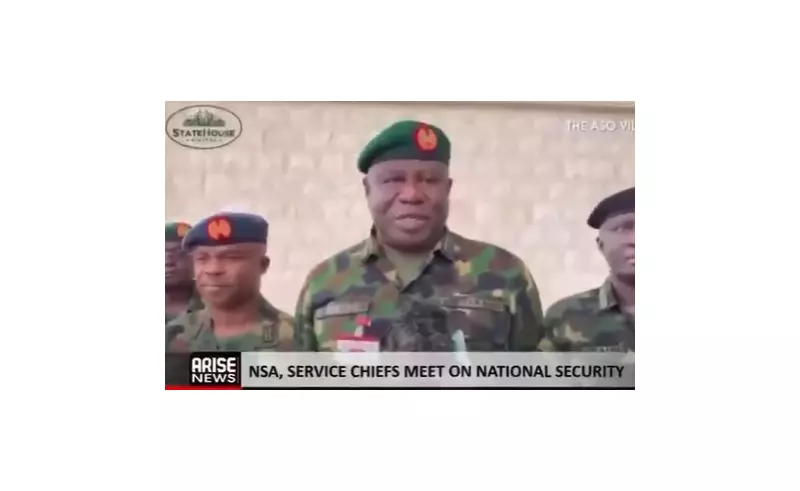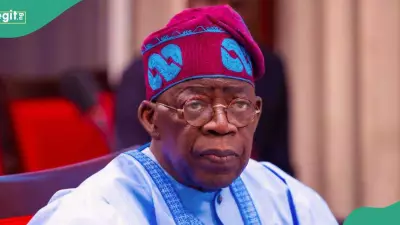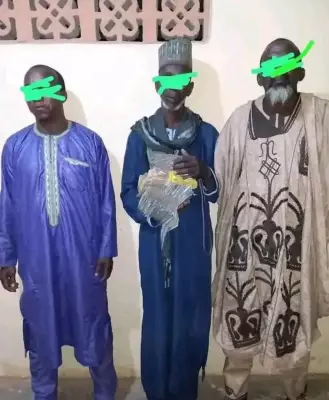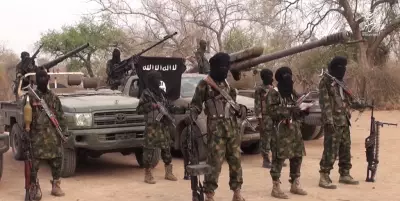
Nigeria's military leadership has ignited a fiery national conversation with a controversial statement about the country's religious landscape. Chief of Defence Staff, General Christopher Musa, has boldly declared that there is no systematic persecution of Christians occurring in Nigeria.
The Defence Chief's Startling Declaration
During a recent high-profile media briefing in Abuja, General Musa addressed the ongoing discourse about religious tensions in Africa's most populous nation. "There is no Christian persecution in Nigeria," the defence chief stated unequivocally, challenging widespread narratives about religious targeting.
General Musa emphasized that Nigeria's security challenges are primarily driven by criminal elements rather than religious ideology. "What we have are criminal activities," he asserted, pointing to the economic motivations behind many violent incidents affecting communities across religious lines.
Context of Rising Religious Tensions
The defence chief's comments come amid growing international concern about religious freedom in Nigeria. Multiple reports from humanitarian organizations and religious freedom advocates have documented numerous attacks on Christian communities, particularly in northern regions.
Recent years have seen several high-profile incidents where Christian worshippers were targeted during church services, and Christian farmers in predominantly Muslim areas have reported facing extortion and violence.
Expected Reactions and Counterarguments
Religious leaders and human rights advocates are likely to challenge General Musa's assessment. Many Christian associations have consistently documented cases they describe as systematic persecution, including:
- Attacks on churches during worship services
- Targeted killings of Christian leaders
- Forced conversions in conflict areas
- Destruction of Christian properties
Government's Security Perspective
From the military's viewpoint, General Musa's statement reflects the administration's position that Nigeria's security crisis is fundamentally criminal rather than religious. This perspective aligns with the government's broader counterinsurgency strategy that avoids framing conflicts in religious terms.
The defence chief maintained that the armed forces remain committed to protecting all Nigerians regardless of religious affiliation, and that security operations continue across troubled regions.
What This Means for Nigeria's Future
This declaration from Nigeria's top military official represents a significant moment in the national conversation about religion and security. As Africa's largest democracy navigates complex security challenges, how the government characterizes these conflicts has profound implications for both domestic policy and international relations.
The debate sparked by General Musa's comments is likely to continue unfolding in Nigeria's vibrant media landscape and religious communities, with potentially significant consequences for interfaith dialogue and security strategy.





